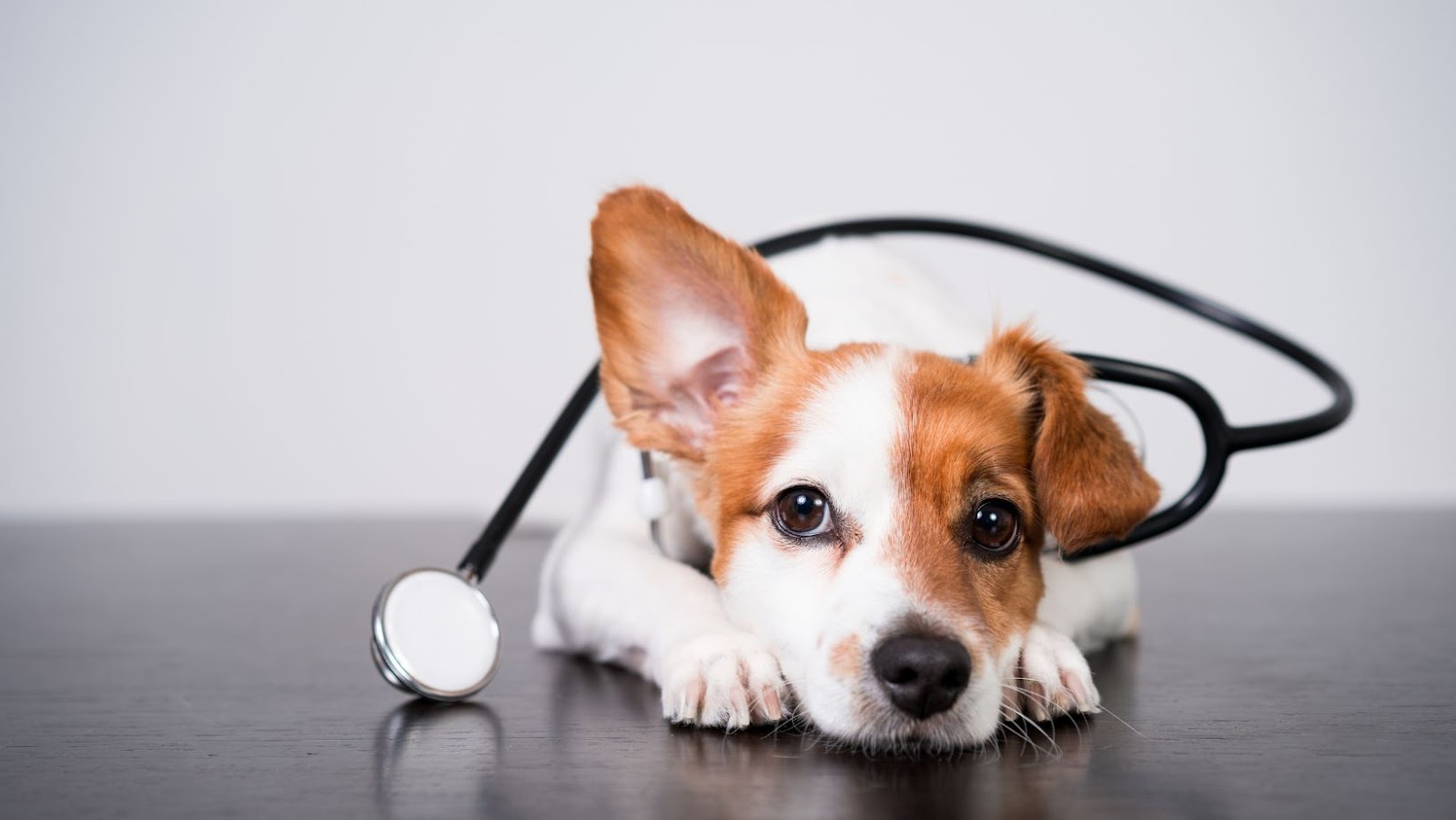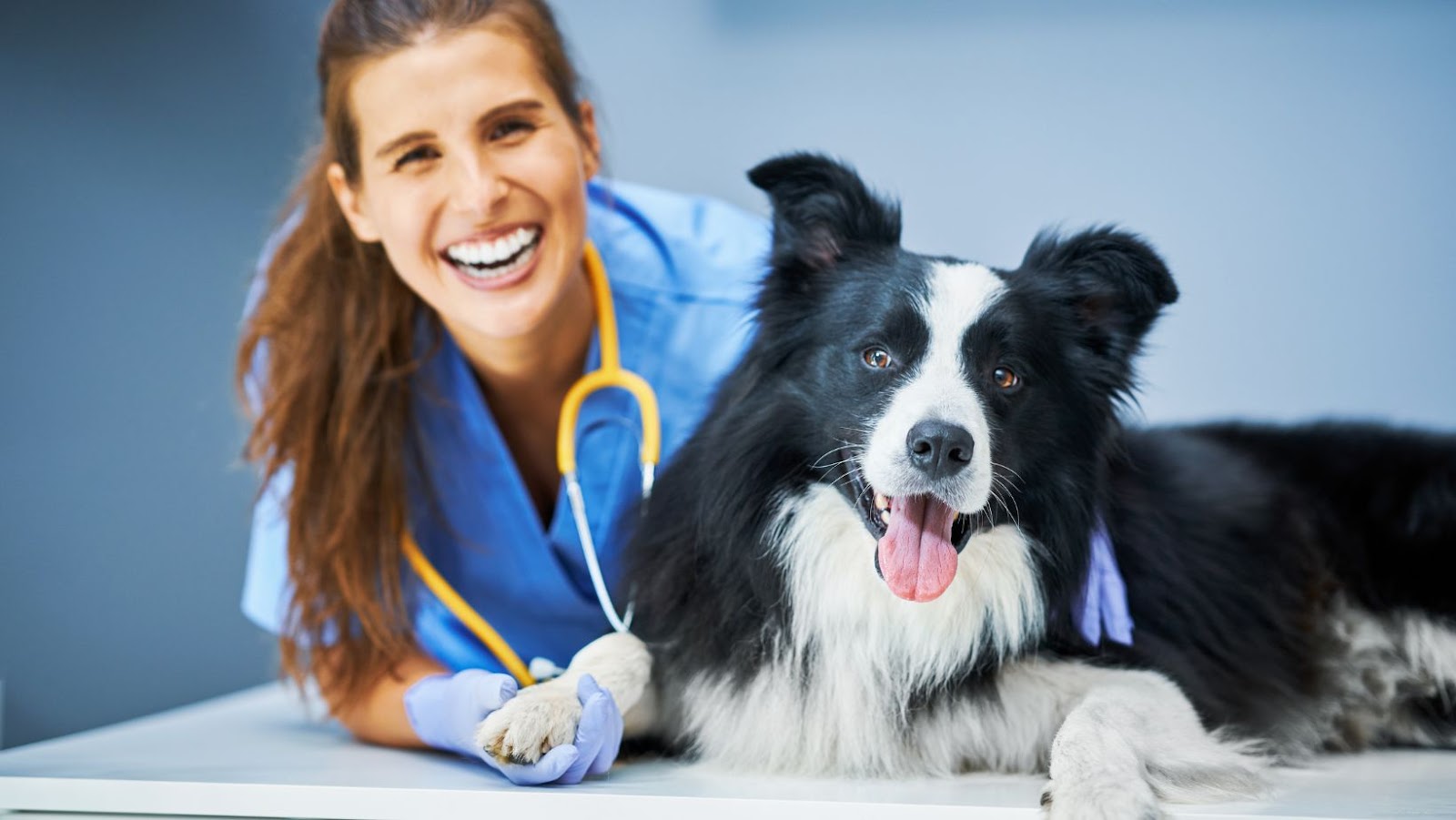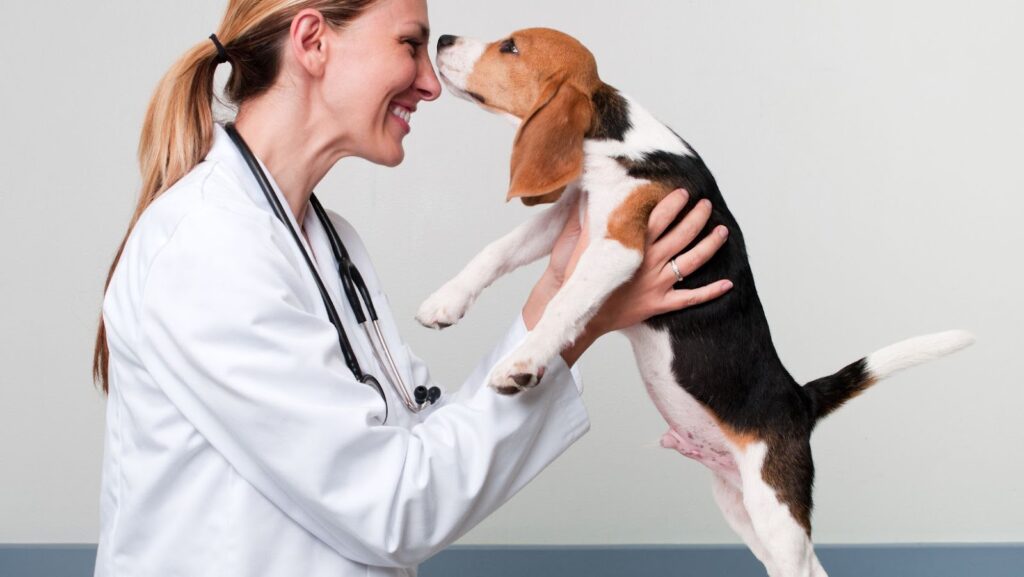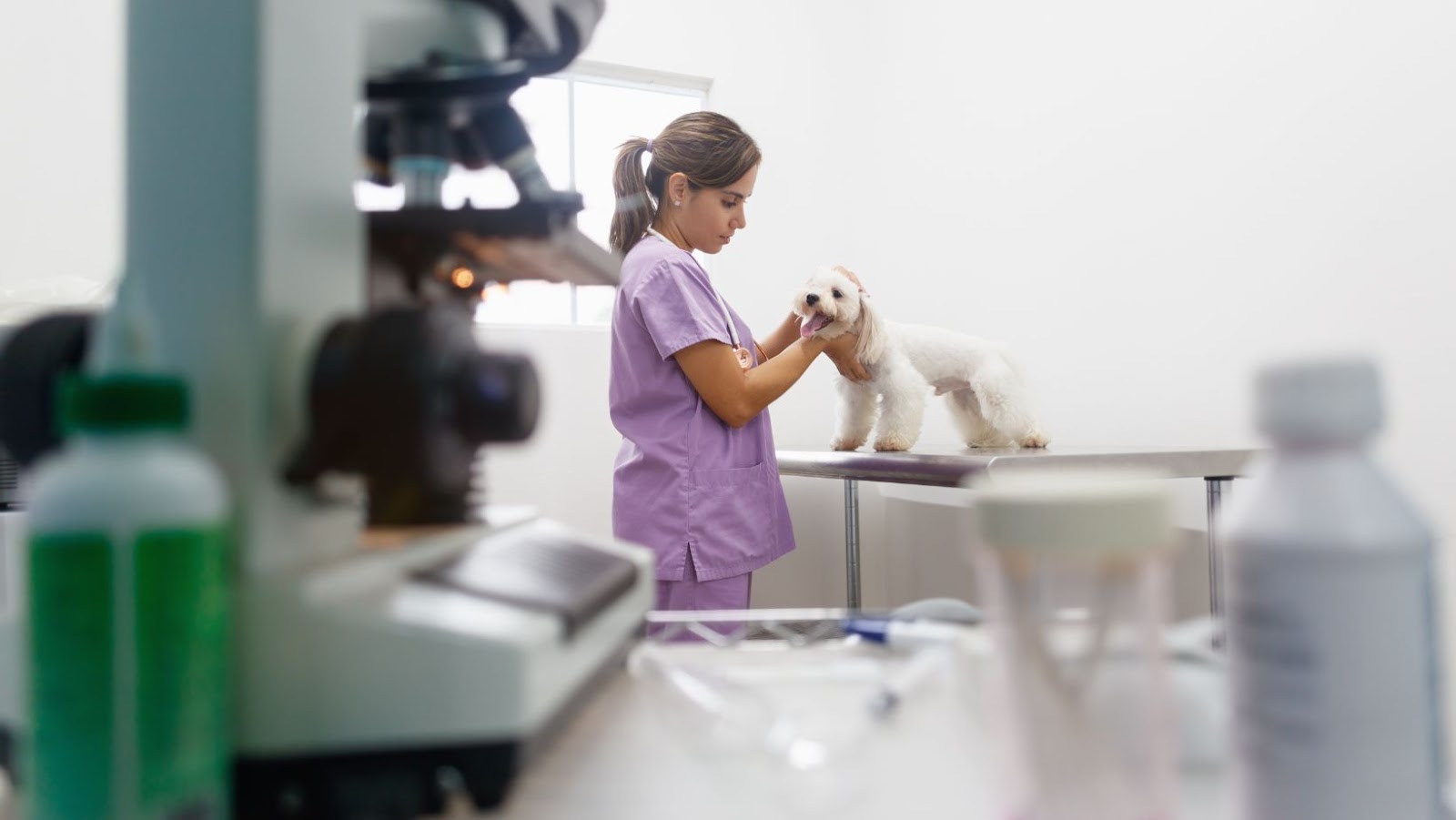Overview of Veterinary Industry
The veterinary industry comprises a wide range of businesses, from companion animal and equine veterinarians, to pet supply stores, to pharmaceutical and diagnostic companies. This sector of the economy has seen steady growth in recent years especially due to the increased spending on companion animals.
Veterinary Company Modern Animal has recently announced that they raised $75.5 million in capital, creating a buzz regarding how this influx of capital may impact the veterinary industry.
Veterinary Industry Overview
The veterinary industry has come a long way over the past few decades. The veterinary industry is thriving from advances in medical technology to a wider range of treatments available. In addition, animals are increasingly viewed as members of their owners’ families, making pet owners more willing to do whatever it takes to keep their furry family members healthy and happy.
Now more than ever, veterinarians can access the latest treatments and technologies to keep their animal patients healthy and strong. This includes access to the best medicines and treatments for target areas such as cancer or diabetes care. Here are just a few of the areas where advancements have been made in veterinary medicine:
- Digestive health: Pets can now enjoy a more varied diet with specialized food items such as low-calorie treats, sensitive stomach foods and raw pet food options designed for optimal digestive health.
- Pain management: Pain medications such as nonsteroidal anti-inflammatory drugs (NSAIDs) are becoming more commonly prescribed by veterinarians to provide better pain relief for animals suffering from chronic or post-operative pain conditions.
- Reproductive health: Reproductive health is an increasingly important area in veterinary medicine, with advances being made regularly. Specialized tests can detect genetic problems or disease risks earlier so that veterinarian teams can properly manage these issues immediately.
In addition, there is a growing awareness of pet behavior problems, which has led many veterinarians to continue researching related therapies and treatments that can prevent certain conditions from occurring at all. Veterinary professionals are also teaming up with other professionals such as dog trainers on occasion to better treat behavioral issues before they even start occurring or become serious later.
These advancements have created an environment where pets now receive far better care than they previously did – leading many owners to make sure that they take good care of their furry friends both emotionally and medically throughout their lives together – creating an even larger demand for reliable veterinary services going forward.
Veterinary Care Trends
With the rise of medical technology, the veterinary care industry is facing a rapid evolution and experiencing new trends in how it serves animals. As the industry shifts to meet consumer demands, pets receive more comprehensive and specialized treatments than ever. Here are some of the trends that are influencing how veterinary care is delivered today:
1. Increased focus on preventative medicine – By proactively administering vaccines and providing nutrition advice or dietary supplements, veterinarians can help improve pet health, reduce need for treatment, and lower overall costs.
2. Treatment beyond traditional medicine – As consumers become more informed and aware of preventive strategies, they sometimes opt for alternative treatments such as herbal remedies or acupuncture instead of traditional prescription medications to support pet health.
3. Personalized service – Consumers nowadays expect personalized customer experience so veterinarians must tailor services for various unique pets particularly those with special needs or behavioral issues to attain customer loyalty.
4. Emphasis on client education – Educating clients about various aspects related to pet care such as routine checkups, vaccine schedules, proper diet and exercise etc.. enable veterinary clinics to create long-term relationships and provide more value than just treatment services alone.
5. Digitization of data – Electronic records enable practitioners to keep up-to-date medical histories on their patients as well as easily access them when needed by both clients as well as other practitioners which ensures efficient communication between animal healthcare providers enabling better delivery of care across different locations thus improving customer satisfaction significantly.
Modern Animal’s Impact on the Veterinary Industry
Modern Animal, a veterinary care company, recently announced raising $75.5 million in capital. This influx of capital is ushering in new changes for the veterinary industry.
This article will analyze how Modern Animal’s newfound capital will impact the veterinary industry. We will discuss the positive and negative implications that come with it and how the industry and consumers will benefit from the changes.
Modern Animal’s Business Model
Modern Animal is an American-based pet health platform that offers direct-to-consumer veterinary care products and services. The company’s primary business model involves offering subscription plans that provide pet owners direct access to veterinarians and preventative care products and services, such as vaccinations, flea, tick, heartworm medication, and behavioral therapy training sessions multispecies support plans.
Through this business model Modern Animal strives to bring affordable quality care to pet owners while also providing industry improvements such as leveraging technology for customer service and modernizing the vet clinic office experience by creating an efficient workflow for staff. Modern Animal also develops industry partnerships which allow the company to widen its target market.
The potential impact of Modern Animal on the vet industry includes:
- Lowered costs due to their subscription-based model, sped up customer service due to their technological advances in scheduling appointments and ordering medications for vets all over the United States.
- Improved customer engagement models with digitally advanced offices tailored to patients’ needs.
- Increased convenience for pet owners and vets with diagnostics like live video chats.
- Ultimately opening up more career opportunities in veterinary medicine that require less hard science courses but still offer hands on experience in patient care with a focus on companion animal needs.

Impact on Veterinary Care Access
The impact of modern animals on the veterinary industry extends beyond services offered by veterinary clinics. Pet owners now have access to services like grooming, boarding, daycare, nutrition counseling and massage therapy that were largely unavailable before modern animal domestication. Access to these services has undeniably impacted how owners care for their animals and shifted the role of veterinarians from primarily health care providers to service providers with expertise in pet care.
Veterinary clinics can now offer a more comprehensive menu of services in response to the ever-evolving needs of pet owners. This shift emphasizes preventative care such as vaccinations, parasite control treatments, routine exams and nutritional planning which helps keep pets healthy and reduces costly medical procedures. Veterinary clinics also offer more advanced surgical procedures and newer options like stem cell therapy, improving life expectancy and quality of life for our four-legged companions.
While pet owners have benefited from increased access to specialized services like those listed above, there is still need for affordable basic health care options so that all pets – regardless of species or size – can receive authoritative veterinary medical attention when necessary. Many veterinary clinics have responded by creating plans that make basic medical attention more accessible or cost effective; enabling them to provide complete preventative and healthcare benefits for their patients regardless of the financial situation.
Modern Animal’s Capital Raise
Veterinary company Modern Animal recently announced that it has raised $75.5 million in capital. This dramatic growth spurt clearly indicates the increasing importance of veterinary businesses in the modern world, and the positive impact it will have on the industry as a whole.
Let’s take a closer look at how this massive capital raise will likely impact the veterinary industry.
Overview of Modern Animal’s Capital Raise
Modern Animal, a veterinary start-up, recently closed on its $103 million-dollar Series C capital raise. This bring the total amount raised to more than 175 million dollars over its 4 rounds of funding. General Catalyst and Frequency Capital led the investment round, including participation from celebrity investors such as Gwyneth Paltrow and Leonardo DiCaprio. This news highlights the increasing value placed on veterinary services by investors.
The large capitol raise has the potential to shift the existing paradigm in veterinary care, technology and service delivery we currently see within the industry. Being well funded allows Modern Animal to grow quickly without worrying about cashflow issues or immediate return on investment requirements.
The main goals of Modern Animal are to improve access to quality pet healthcare while reducing cost for pet owners, use data from machines and animals to gain insights into pet behavior that allow early intervention for illnesses, provide preventive care packages with accessible pricing for all pets, offer cutting edge in-house laboratory testing services with same day results, and align with high standards of veterinarian care via strategic partner institutions with ongoing investments in technology driving onboarding processes such as video monitor evaluation interactions and much more.
As a result of this new influx of capital Modern Animal will be able to accelerate their goals while disrupting within a much needed but slow-to-change industry.

Potential Impact on Veterinary Industry
Modern Animal’s recent capital raise of $200 million includes investments from some of the largest venture capital firms in the United States. This massive influx of funding could be the watershed moment the veterinary world has been waiting for. The company seeks to revolutionize veterinary care by making pet owners the focus of their service. This may lead to better outcomes for pets and their owners, increasing client satisfaction and creating opportunities for clinical innovation.
One of the primary impacts that Modern Animal’s new investments could have on the veterinary industry is increased access to quality healthcare. By creating an easier, faster, and more affordable process for visiting a clinic and receiving treatment, Modern Animal could make it easier for pet owners who may not have had access due to cost or location restrictions. The company has previously partnered with local government entities and clinics nationwide to increase access points, so this significant influx of funding will likely only accelerate this process.
Modern Animal also plans to use its vast network of partners and newly acquired funds to create more opportunities for veterinarians specializing in specific practices or animal species. Increasing specialization would allow veterinarians to focus on particular aspects, leading to improved patient outcomes while at the same time allowing them greater autonomy in practice development and entrepreneurial ventures such as startups or advisory groups focused on specific areas of practice.
The possibilities are exciting; imagine a future with greater availability of better quality healthcare, an increase in specialized services with improved patient outcomes —all thanks partly to Modern Animal’s monumental investment into veterinary care!
Implications for Veterinary Companies
The veterinary industry has seen a big boost recently with Modern Animal, a veterinary-focused technology company, announcing the raising of $75.5 million in capital.
This injection of capital will undoubtedly have a huge impact on the veterinary industry, and in this article we will discuss the implications of this move for veterinary companies.
Potential Impact on Veterinary Companies
The veterinary industry is often at the forefront of healthcare trends, and this situation is no different. As pet owners make more informed decisions about their pets’ health, they offer more treatment services and opportunities to their local veterinarians, many of whom have been forced to pivot in light of the global pandemic. With an ever-increasing demand for pet care and vaccinations, it is becoming increasingly important for veterinary companies to invest in high-tech solutions that will keep them ahead of the competition.
As demands for high-tech solutions grow, the potential implications for the industry become clearer. For example, veterinary companies may benefit from utilizing cloud security and analytics to ensure patient data is secure without causing disruptions or slowdowns in service delivery. Additionally, implementing customer relationship management (CRM) software can help streamline customer service processes such as scheduling appointments or billing inquiries. Another way veterinary companies can stay ahead by investing in mobile applications or platforms that make it easier for customers to access critical information quickly without traveling extensively between different locations. Finally, automating manual processes including administrative forms, fee documents, and other documentations can reduce time spent on manual tasks while ensuring service delivery accuracy.
By assessing each area of need within their operations and identifying ways they can effectively utilize technology options such as those mentioned above, veterinary companies can leverage these innovative tools to gain a competitive edge within the industry while ensuring client satisfaction remains at a peak level.
Strategies for Veterinary Companies to Leverage Modern Animal’s Capital Raise
Veterinary companies have a unique opportunity to capitalize on the recent news of Modern Animal’s $34 million funding round. The influx of capital provides an opportunity to develop new products and services, while leveraging modern technology. There are several strategies that veterinary companies can use to leverage the funds from Modern Animal, which include:
– Investing in innovative technologies: Veterinary companies should look for ways to leverage the latest technologies to improve animal health outcomes and enhance data-driven decision making. Leveraging cloud solutions, mobile applications, artificial intelligence, machine learning and Internet of Things (IoT) systems will help veterinary organizations take advantage of the fund raised by Modern Animal.
– Developing improved products and services: Veterinary companies should explore ways to create better products and services using innovative solutions. This could include offering advanced diagnostics or developing personalized treatments for animals. These developments will also open up new channels for revenue generation within the industry.
– Focusing on customer service: Veterinary businesses should look at ways to use technology to improve customer service. Utilizing data tracking solutions or chatbot technology can help them provide rapid responses and customizable options for clients with demands that might not have been possible before this big funding round.
By investing in these strategies, veterinary companies can leverage Modern Animal’s successful funding round into profitable business opportunities that benefit animals and animal owners.
Conclusion
With the recent Modern Animal announcement of $75.5 million in raised capital, the veterinary industry stands to benefit greatly.
This influx of funding towards modernizing the veterinary industry should result in better access to care, more affordable prices, and a larger variety of services.
This will be the focus of the conclusion section.
Summary of Impact on Veterinary Industry
Overall, the different types of coffee roasting levels have far-reaching implications for the veterinary industry. For example, espresso can give cats and dogs an energy boost if they are lethargic. Additionally, dark roasted coffee has a high antioxidant content which can help animals detoxify their systems and improve digestion and overall organ functionality. Lightly roasted coffee can also provide flavor without too much bitterness or caffeine, so it may be an ideal choice when adjusting to a new diet or lifestyle change. Finally, medium roasts provide balanced flavor notes that please animal palates more than light or dark roasts.
In conclusion, understanding the unique properties of each type of roast is essential for veterinarians who want to adequately meet their clients’ needs and give animals the best possible health care. With an educated approach to making coffee selections for their patients, vets can rest assured that they offer only the finest products with maximum nutrition and flavor benefits.
Final Thoughts on Veterinary Industry’s Future
Considering the range of changes the veterinary industry is undergoing, it is hard to predict what will happen. Emerging trends such as mobile technology, telemedicine, remote specialty services, and advances in DNA testing are all contributing to a transforming care environment. With these changes come opportunities for expansion and growth.
A necessity for any future-oriented veterinary practice is remaining current on new technologies, resources and research; this means investing in professional development and training and staying ahead of the curve when it comes to upcoming industry trends. In addition, practices should consider consumer demands such as convenience and affordability when determining their services and pricing structure.
Although it is difficult to predict what the next decade will bring for veterinarians, one thing is certain: being prepared ahead of time will give them a competitive edge in an ever-evolving market.



More Stories
Mitigating Risks of Uncontrolled Gambling: Common Issues and Tips to Remain Responsible
The Origins Of The Most Popular Casino Games
Cricket Match Result Predictions Using 1xBet Data Tools